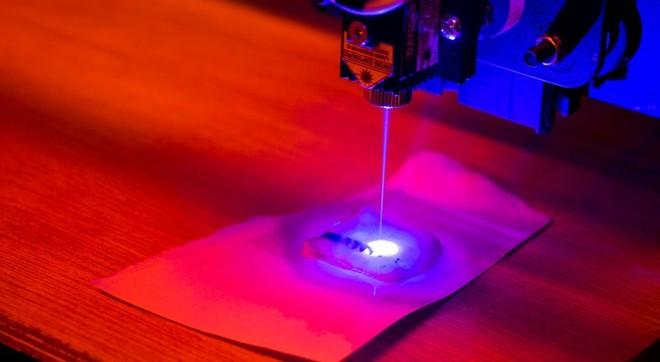Imagine you’re a Formula One driver hurtling down a race track at 200 miles per hour when your engineer comes on the radio and says … something. You can’t make it out, but you’re also not going to spend a lap playing out that old Verizon commercial (“Can you hear me now?”) with the race — and your life — on the line.
This is just one problem Norwegian startup Hance is solving with an impressively small and fast bit of audio processing software that’s already attracted customers like Intel and Riedel Communications, the official radio supplier to F1. Hance is one of the 200 startups selected to show off its technology at TechCrunch Disrupt 2025, which runs October 27 through 29 at Moscone Center in San Francisco.
The outfit of around 10 employees boasts a wealth of audio industry experience. That includes co-founder Stian Aagedal, who’s also the CEO of audio editing software company Acon Digital, and Peder Jørgensen, who runs sound effects library Soundly.
With artificial intelligence booming, Aagedal, Jørgensen, and the rest of the Hance team realized there was an opportunity to leverage these new technologies throughout the audio processing pipeline — but especially in noise reduction and isolation. So a few years ago they started training their own models on Soundly’s high-quality recordings, including everything from the roar of F1 cars to the crack-and-rumble of Icelandic volcanoes.
Since then, they’ve been able to shrink the Hance processing models to just 242 kB, meaning they can run on device instead of in the cloud, saving time and energy. Hance says these models can separate sounds, remove noise, echo, and reverb, and enhance speech clarity with just 10 milliseconds of latency.
While other companies offer similar audio processing software, Hance’s tiny, energy-efficient models can process audio on devices of all sizes in real-time. That makes it great for the radios Riedel sells to F1 or FIFA, and also attractive to law enforcement and defense applications, CEO Joote Hika told TechCrunch in an interview.
Hika sees opportunity for Hance’s audio processing to go in many more directions, too, now that it has lined up Intel as a partner. Hance has been working with the technology giant to adopt its models to work on different versions of its chips, including its latest “neural processing units.” The startup is talking with other chipmakers, too, Hika said, and an undisclosed smartphone maker.
Hika said these professional partnerships will likely last at least a few years and that they’re non-exclusive. That’s good for the startup’s ability to scale, but he said Hance will have to keep developing at a rapid pace to stay ahead of the competition. The company has just brought on its first chief commercial officer, but Hika said he expects Hance to stay heavily focused on R&D, and that the company will preference “AI-capable” workers to stay lean.
“We know that we now have an advantage over our competitors, but we definitely have to keep that up, so we’re pushing fast,” he said
If you want to learn more about Hance — and dozens of other startups, hearing their pitches, and listening to guest speakers on four different stages — join us at Disrupt, taking place October 27 to 29, in San Francisco.

 Laser in cucina: record mondiale per un pasto stampato in 3D
Laser in cucina: record mondiale per un pasto stampato in 3D